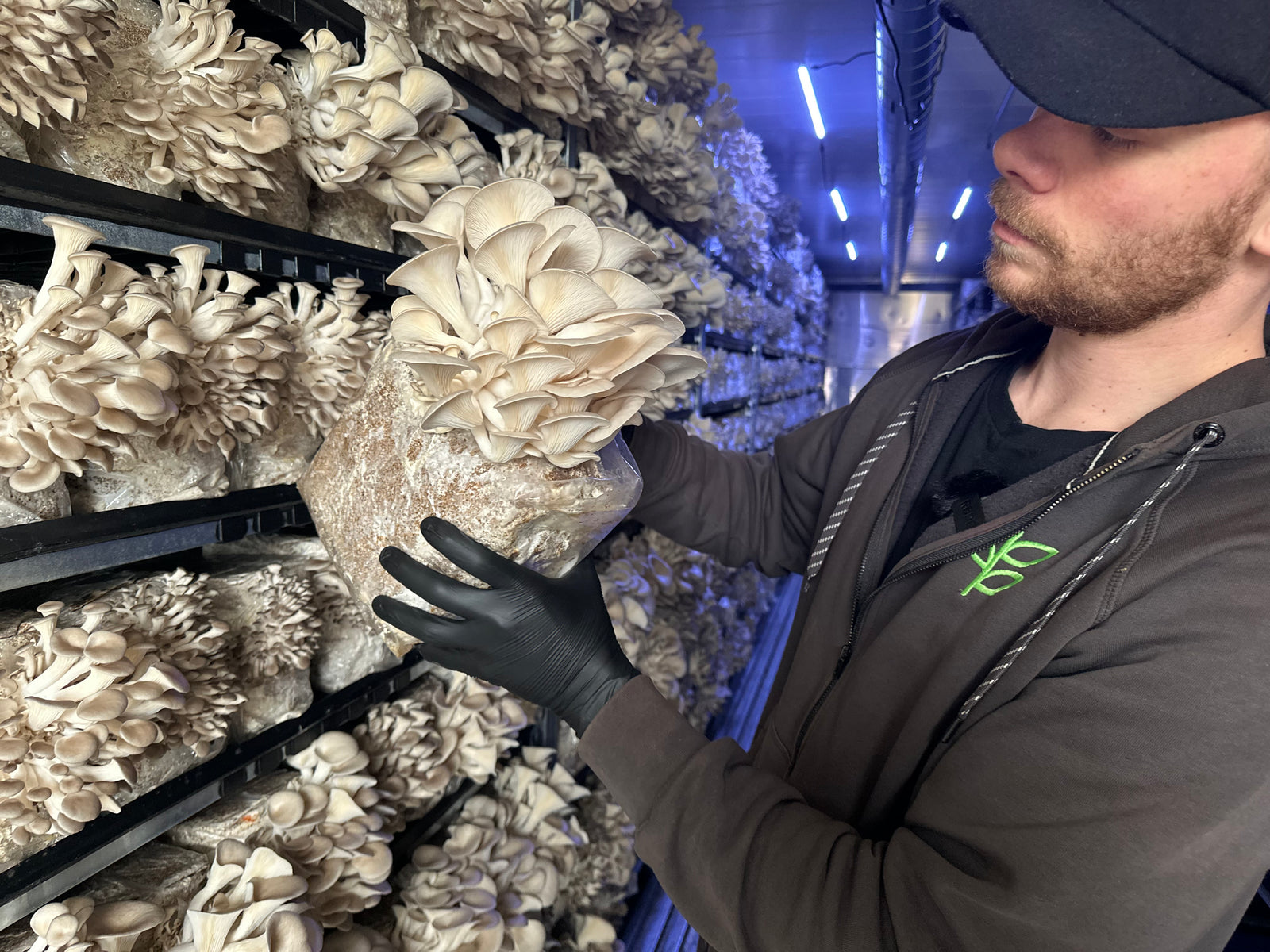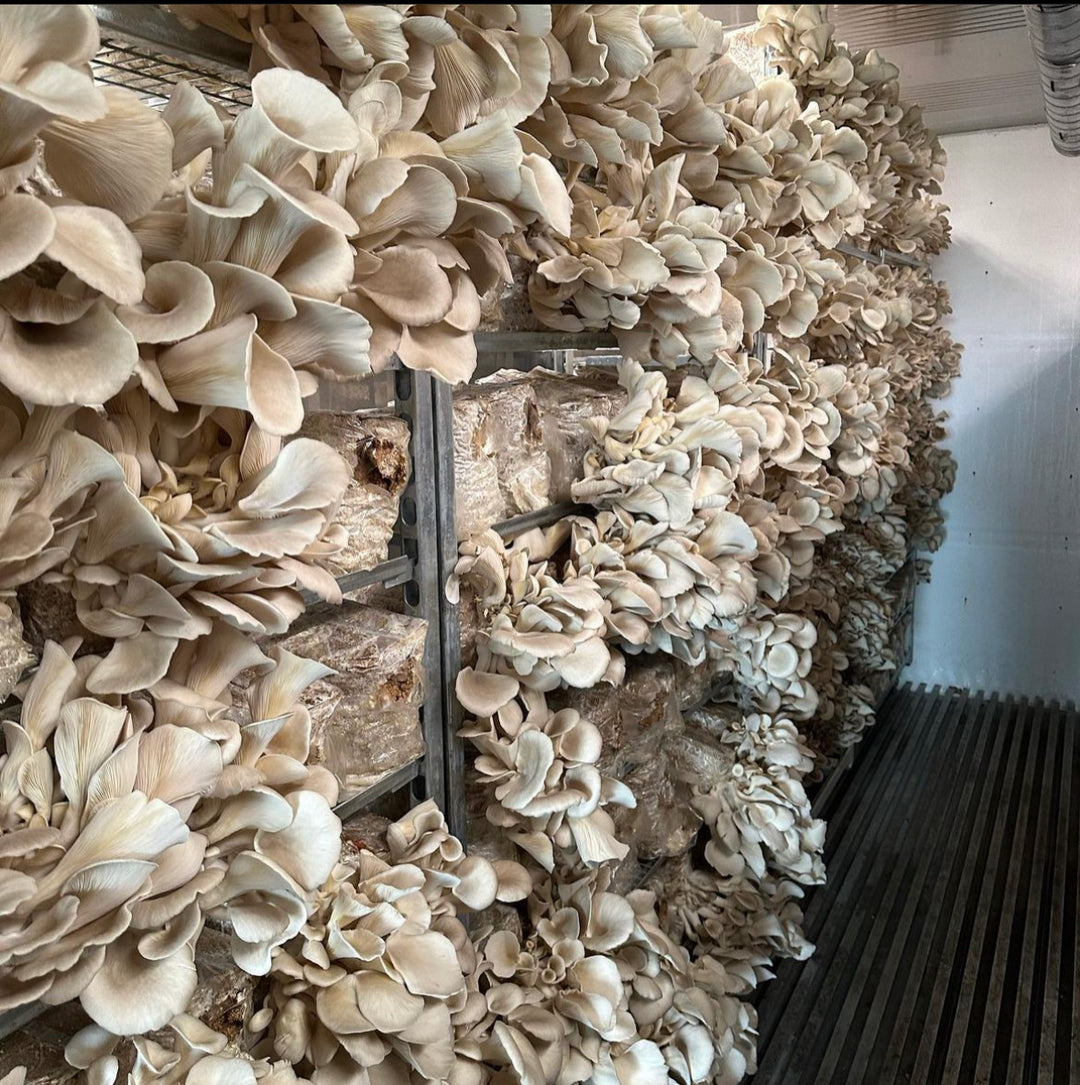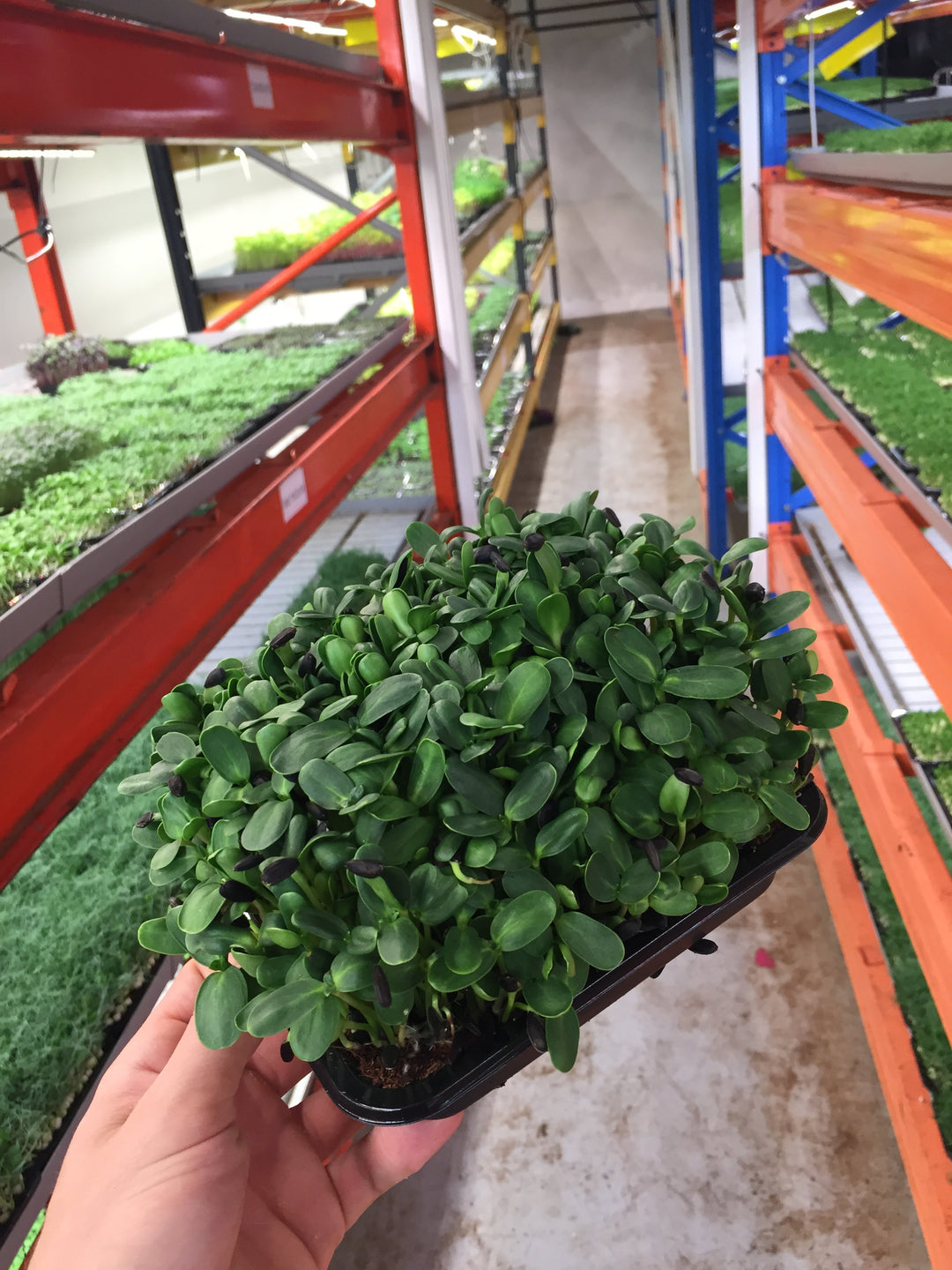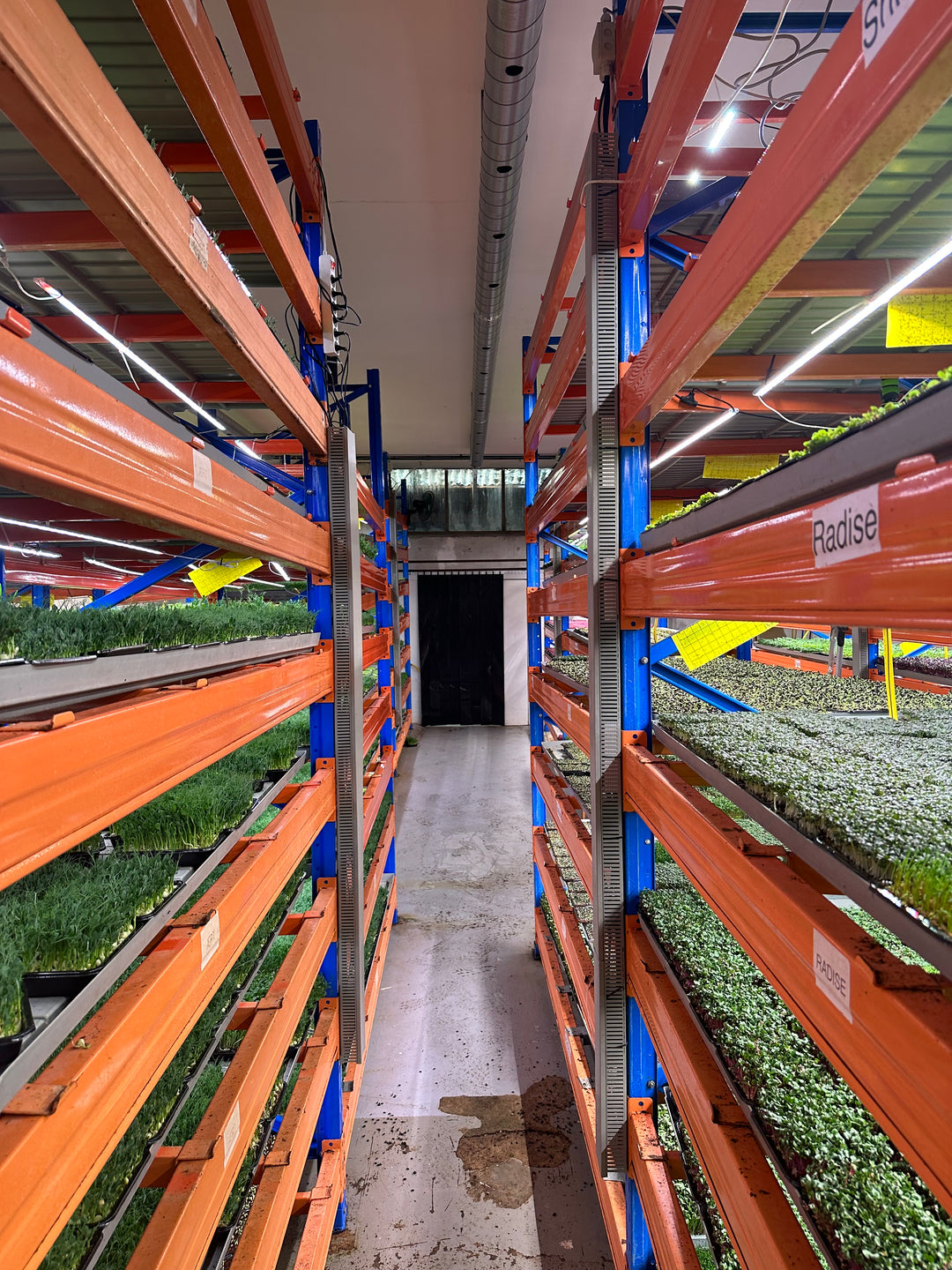Benefits of Composting Food Scraps in Vertical Farming

Vertical farming, a method of growing plants in stacked layers, often indoors, has gained significant popularity due to its potential for efficient food production, especially in urban areas. However, one of the challenges faced by vertical farms is the management of waste, particularly food scraps generated from the preparation of produce. Composting these food scraps can offer a sustainable and beneficial solution.
Nutrient Recycling: Compost derived from food scraps can be used to enrich the nutrient content of the hydroponic or aeroponic solutions used in vertical farming. This reduces the need for external nutrient inputs, making the system more sustainable.
Waste Reduction: Composting food scraps helps to divert organic waste from landfills, reducing greenhouse gas emissions and conserving resources.
Closed-Loop System: Composting food scraps within a vertical farming system can create a more closed-loop system, where waste products are recycled and reused to support plant growth.
Improved Soil Health: If the compost is used to grow plants in a soil-based vertical farming system, it can improve soil structure, water retention, and nutrient availability.
Educational Opportunities: Composting food scraps can be used as an educational tool to teach visitors about sustainable practices and the importance of reducing waste.
Challenges and Considerations
Space Constraints: Vertical farms often have limited space available for composting. However, small-scale composting systems can be implemented, such as worm composting or Bokashi composting.
Odor Control: Composting food scraps can produce odors, especially if not managed properly. Proper aeration and the addition of carbon-rich materials can help to reduce odors.
Pathogen Management: Care must be taken to avoid composting food scraps that may contain pathogens, such as meat or dairy products. Pasteurization or other methods can be used to sanitize the compost.
Integrating Composting into Vertical Farming Systems
On-Site Composting: Implementing a small-scale composting system within the vertical farming facility.
Partnering with Local Composting Initiatives: Collaborating with local composting organizations to process food scraps off-site.
Using Composted Products: Purchasing pre-made compost or vermicast to use as a soil amendment or nutrient source.
Conclusion
Composting food scraps within vertical farming systems offers a sustainable and beneficial solution for managing waste and improving soil health. By integrating composting into their operations, vertical farms can create more closed-loop systems, reduce their environmental impact, and contribute to a more sustainable food production model.


